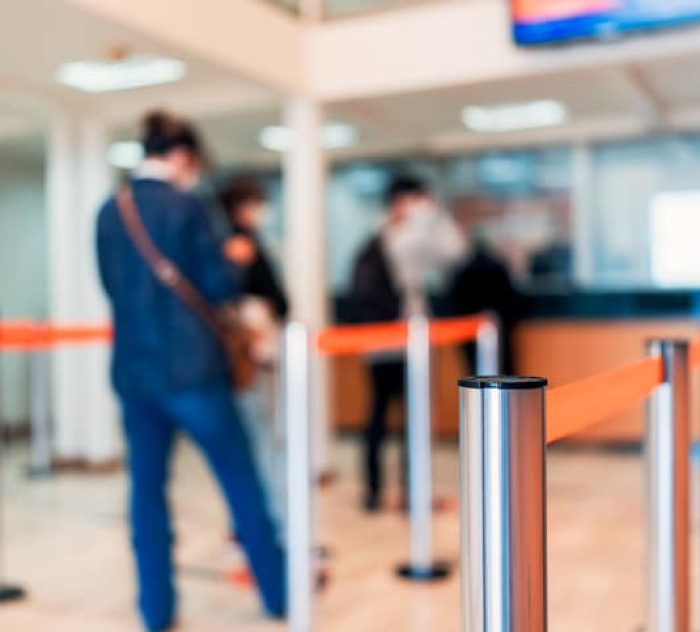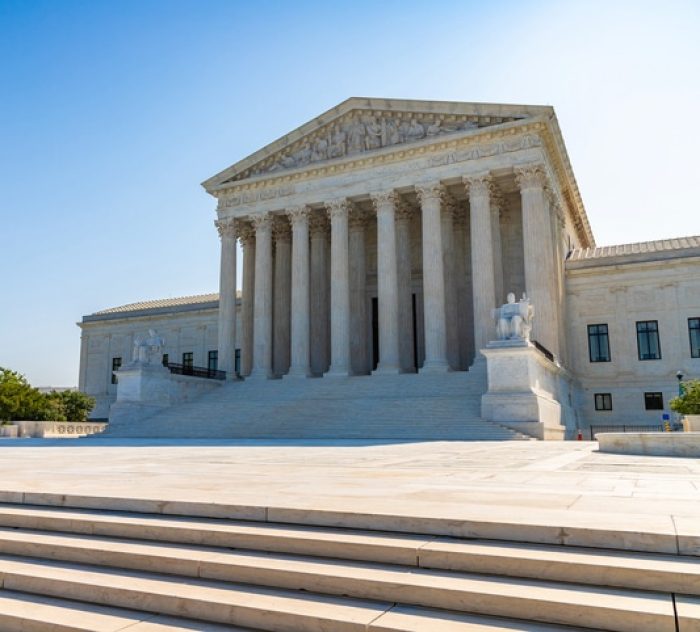In 2020, North Carolina passed a temporary law authorizing Emergency Video Notarization (“EVN”) to alleviate the requirement that notaries be in the physical presence of signers during the COVID-19 pandemic. This law was set to expire at the end of 2021 but was restored via House Bill 776 through June 30, 2023. On July 1, 2023, remote electronic notarization was to be permanently permitted pursuant to N.C.G.S. 10B-134 of the Electronic Notary Act. We discussed the practical implications of N.C.G.S. 10B-134 in a previous article and examined what constitutes an electronic document and an electronic signature, what documents are eligible for electronic signature, which North Carolina counties support electronic recording, and more. However, on June 23, 2023, Governor Roy Cooper signed Senate Bill 552, which allowed EVN to continue until June 30, 2024.
EVN allows the signer and any notary to use video conference technology to perform notarizations. In cases where the signer is not personally known to the notary, he or she may present an NC Driver license or State ID to the camera for the notary to examine for identification purposes. The signer must be physically located in North Carolina during the electronic notarization and provide his or her county to the notary. Signing is then permitted through the video. For documents not requiring original wet-ink notarizations on original wet-ink documents, the signer is permitted to send his or her signed document to the notary electronically within the day of the video conference, with the notary notarizing the copy and sending the finalized signature page back electronically within the day of the video conference. For documents requiring original wet-ink notarizations on original wet-ink documents, the signer must send his or her signed document to the notary electronically within the day of the video conference and deliver the physical original to the notary through mail, personal delivery, etc. After comparing the electronic copy and the original and finding them to be identical, the notary will then notarize the original, date it as of the date of the video conference, and deliver the original back to the signer.
Below is a list of what notaries should keep in mind while operating under the newly-extended EVN law:
- The EVN law now requires notaries to maintain a journal of all public acts.
- When a notary commission has expired, the notary must deliver his/her seal to the Secretary of State within forty-five (45) days of expiration.
- Notaries shall refuse to perform notarization if the signer appears to be legally incompetent or lacking in understanding of the notarial act.
- In order to obtain notary seals, vendors or manufacturers must be presented with notary commissions and proper identification. If a notary seal is ordered through mail or delivery service, the vendor or manufacturer must confirm the notary’s standing as a commissioned notary as established by rules issued by the Secretary of State.



